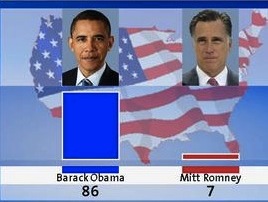Americans like to think of themselves as valuing personal freedom and equality of opportunity, but also praise individual initiative and personal success. Individualism and entrepreneurism, core American ideals, foster competitiveness. In the ongoing efforts to improve American schools, these values tend to rise to the surface in the measures most often advocated – school choice (more private and charter schools), rewards for the best teachers and schools, high-stakes testing to identify success and failure. So far, the results have not been impressive. In international rankings, including the PISA surveys, US students tend to be at best in the middle of the pack. It may be that marketplace competition which works in the business world doesn’t translate well to schools.
A country that perennially ranks near the top in PISA tests, Finland, like the US an individualist culture, has a quite different approach to education. The small Scandinavian country is an outlier among the countries at the top, which are mostly from collectivistic cultures in Asia (South Korea, Singapore, China). The Finnish approach does not feature school choice — there are no private or charter schools — standardized testing, or teacher accountability. A recent article in the Atlantic on Finnish schools cites one of the leading Finnish authorities on education reform, Pasi Sahlberg, on the current buzzword in US education, accountability: “There’s no word for accountability in Finnish… Accountability is something that is left when responsibility has been subtracted.” Teacher performance is monitored by individual schools, mostly by the school principal. Teachers are given a great deal of individual responsibility and design their own testing. All students go to public schools at no cost and all schools have essentially the same financial resources. Ironically, the talk by Sahlberg that is the main source of information in the article was given at Dwight School, a private, for profit secondary school in New York that costs $35,000 a year to attend. Teachers in Finland, as in many cultures, enjoy relatively high pay as well as considerable prestige. That seems to make a difference in the quality of teachers. The irony of the Finnish success story is that in their school reform efforts they did not set out to achieve excellence, but rather wanted to provide an equal education for all students, regardless of socio-economic backgrounds or family educational levels. There may be a lesson there for US education reformers: real equity rather than more differentiation.








